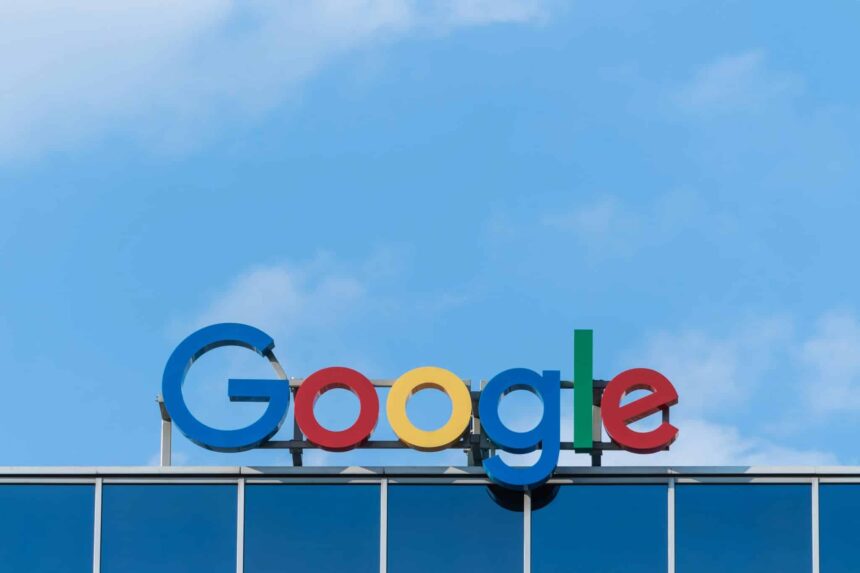- Google’s parent company Alphabet on Thursday announced that it will be paying out dividends to all shareholders @ 20 cents per share.
- A $70 billion stock buyback was also announced.
- As a result of the announcements, the company’s shares jumped 15%, adding $300 billion to its market cap and hitting the $2 trillion mark.

For the first time in its history, Google will be paying out dividends ($0.20 per share) to all shareholders. On top of that, the company has also announced a $70 billion stock buyback plan.
The timing of the announcement is particularly interesting. This is because Meta too announced its first-ever dividend this year in February.
Google’s stock buyback decision coincides with the two-year anniversary of its $70 billion stock repurchase in 2022. It’s also worth noting that the company repurchased $50 billion worth of shares in 2022 and $25 billion worth of shares in 2019.
The reason why Google could take such a shareholder-friendly decision right now is because it’s in a very stable position right now. To be precise, the first quarter of 2024 went really well for the company.
Decoding Google’s Success in Q1, 2024
Post the announcements, Alphabet CEO Sundar Pichai said in a statement, “Our results in the first quarter reflect strong performance from Search, YouTube, and Cloud.”
Google reported a revenue of $80.54 billion thanks to the growing demand for its cloud services as well as its thriving ad business which grew by 13% in Q1 2024.
Secondly, Google is also making significant developments in the AI industry. Gemini AI is more or less a hit and the company is at the forefront of AI research and development.
‘We are well under way with our Gemini era and there’s great momentum across the company. Our leadership in AI research and infrastructure, and our global product footprint, position us well for the next wave of AI innovation.’ – Sundar Pichai
Last but not least, Google had $108 billion in cash and marketable securities at the end of March 2024. All in all, it was about time the company shared some of its achievements with its shareholders.
When Will the Dividends Be Distributed?
The dividends will be paid out to all shareholders of record as of June 10 who will receive their payments on June 17, as announced by Alphabet.
When I say all shareholders, I mean Class A, Class B, and Class C shareholders.
- Class A shares are the ones typically offered by a company to the public. They come with voting rights.
- Class C shares are a newer type of shares which are offered to the public, but they don’t come with any voting rights.
- Class B are super-voting shares and they’re not tradable on public exchanges like the two share types mentioned above.
Shareholder Sergey Brin has 730 million shares belonging to the Class B and Class C categories, so he will receive a whopping $146 million as dividends. Similarly, Larry Page who holds 389 million Class B shares will receive $78 million.
Effect of the Announcement on Google’s Stock Prices
Soon after the announcement and after Google reported its Q1 earnings, the stock shot up by 15%. As a result of this, Google’s market value increased by $300 billion and has now crossed the $2 trillion mark.
This kind of jump in share prices was expected. When Meta announced dividends in February, its stock also saw an increase of 14% which added $196 billion to its market cap.
Interestingly, Amazon is the only tech giant who is yet to announce its first-ever dividend payout. What’s more, it has also never authorized a stock buyback of magnanimous proportions—the last one was in 2022 when the company bought back stocks worth $10 billion.
How Stock Buybacks Increase Share Prices
Stock buybacks are almost always accompanied by an increase in share prices. This is because when the company buys back its shares from the public, it reduces the number of its outstanding shares out in the open. Simply put, stock buybacks reduce supply, causing an increase in the value of the existing shares.
However, for the same reason i.e. a company could pretty much affect share prices first-hand, not everybody is a fan of stock buybacks.
For instance, President Joe Biden said last year that stock repurchases are stock manipulation attempts—and that companies should use their excess funds to increase staff salaries instead. As a result, a 1% Excise tax on stock buybacks was also introduced in the United States.

